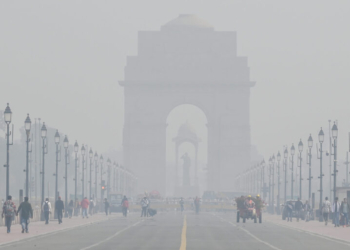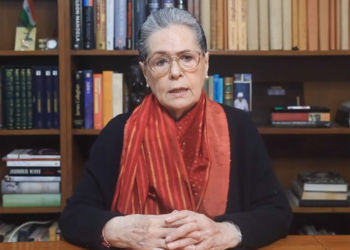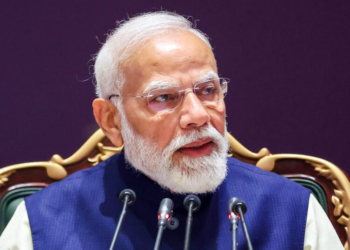New Delhi: Calling the Indian civilisation one of the oldest and continuous civilisations having “a vast expanse”, National Security Advisor Ajit Doval on Tuesday stated that there were a few questions about Indian history that nobody questioned, not even the country’s detractors.
“One is its antiquity, that it is one of the oldest civilisations and probably that human life had evolved and society had perfected itself to a very high level. Now, who did it? Whether they were the original people or they came from outside, they may be biased about that, but they all concede that this is a civilisation of antiquity,” Doval said at the release of an 11-volume series ‘History of Ancient India’ by the Vivekananda International Foundation (VIF) in New Delhi.
“The second is continuity. That is, if it started 4,000 or 5,000 years ago, it has been continuous till today. There is no disruption in that. So it was a continuity,” the NSA added.
The third feature, he said, was its vast expanse.
“It was not a small hamlet that you find somewhere with a developed island or something like that. It is right from the river Oxus to probably Southeast Asia and others, where the footprints of civilisation were very visible.”
Calling it a “paradox”, the NSA further stated that in spite of this expanse of 6,000 or 8,000 years of continuous history in such a vast area, the narrative that has been brought is that the first chapter about Indian history in any of the western districts starts with Alexander even though he only came to the border of India to Jhelum and then was not able to proceed further.
NSA Doval also mentioned that there was a deliberate attempt to destroy Indian history, including the destruction of institutions like Nalanda or Taxila through which Indians could have connected to their past.
He stated that Indian history was not just about killings and conquests but also about intellectual achievements.
“Indian history is also about intellectual achievements, be it in science, literature or other subjects,” he said.
(IANS)















